If you’re looking for the secret formula underpinning Real Madrid’s success then you might find yourself chasing an illusion.
There appears to be no grand overarching philosophy like there is at Barcelona; no emphasis on one way of playing over another. Instead there is at its very core a relentless pursuit of trophies.
That’s how success is defined at Santiago Bernabeu; trophies and the Champions League above all else. They’ve survived the managerial sackings of Carlo Ancelotti and Rafa Benitez but have nonetheless won three of the last four European titles. They are on a run of eight successive semi-finals.
And clubs who have come on the European scene in search of glory needn’t bother looking to Madrid for a template to follow because there is little in Madrid’s methodologies that the likes of Paris St-Germain or Manchester City can glean besides winning.
Madrid are custom-built for this competition; there is a patch on their sleeve denoting the 12 times they’ve won the trophy and it may as well go over their hearts. Real Madrid and the European Cup are inseparable.
"How do you explain the Real DNA in the Champions League?” asks former defender Manolo Sanchis, who captained Madrid to the title against Juventus in 1998. “It's something that new investors in this sport - people who come from being very successful in other business activities - do not understand properly.
“They are used to being able to buy practically everything with money. But not this.
“You cannot buy the 116 years of history that Real Madrid has, nor the legacy that so many superb players have left in the locker room, nor the genetic line that reaches [Sergio] Ramos and Cristiano [Ronaldo] since the time of [Alfredo] Di Stefano and [Raymond] Kopa.
“And it also makes the man who is on the other side with the chequebook ask himself: ‘How could I buy it?’ Well, you cannot. I'm sorry.”
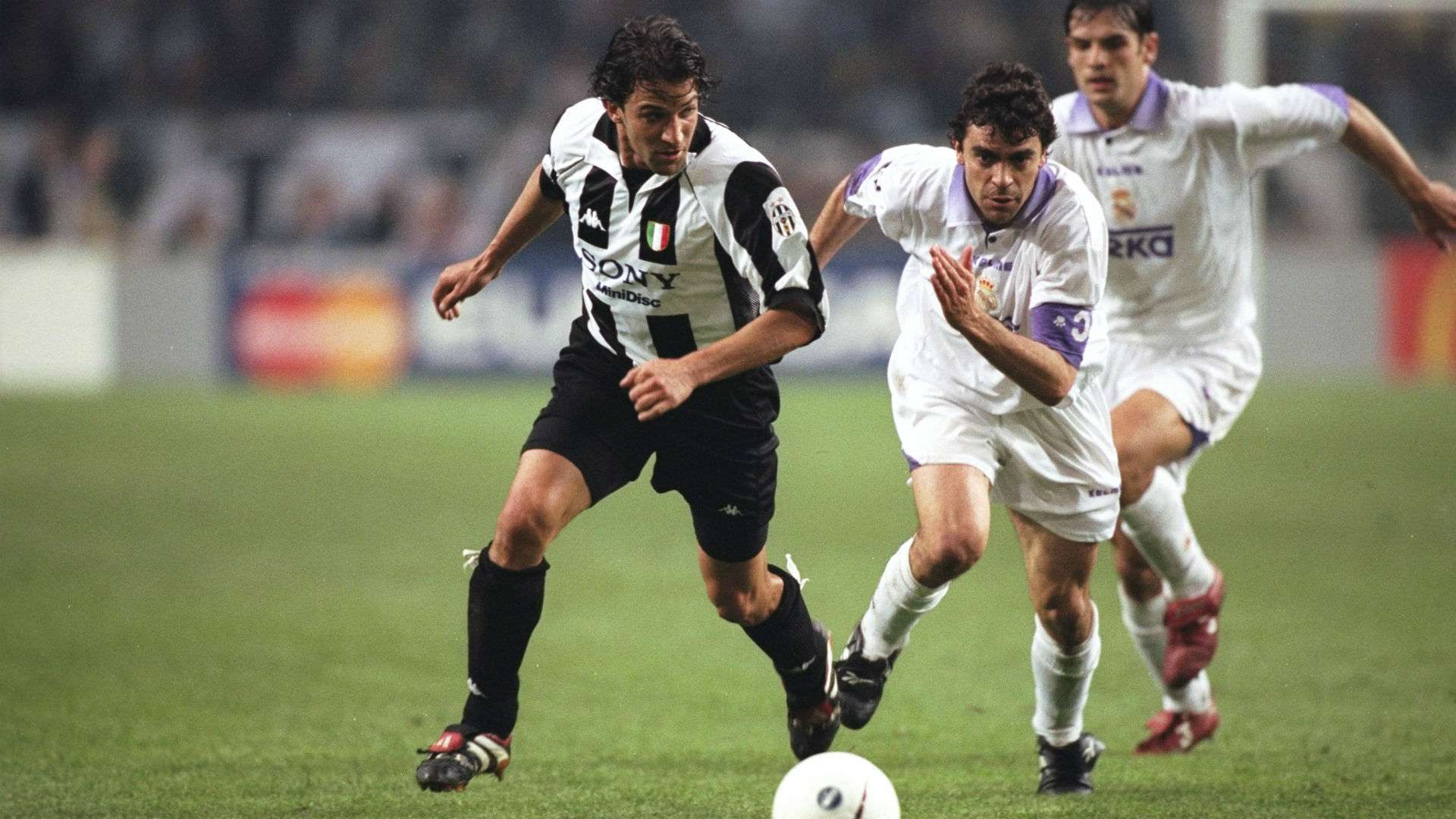
It’s been that way down throughout Madrid’s history but it could be argued that the Madrid modern era truly began with that title under Jupp Heynckes in 1998. It was their first European Cup success in 32 years and gave them a renewed taste for the highlife. They have won five more since then. Success is addictive; winning breeds winning.
Zinedine Zidane – who has represented Madrid both on the field of play and in the dugout – understands this as well as anyone. And that is why he is aware their season hinges on these semi-finals. It won’t be enough to come up just short and try again next year. Either this trophy comes or Zidane goes.
Each player who comes to Real Madrid must understand too that they will be expected to build upon the legacy of those gone before them. That is in part why this recent group has been so serene in its quest for titles. The continuity in the playing staff means the newer breed can look to their elders and see guys who have seen it and done it before. Every new final they play brings another player or two into that band of winners. Eventually you have a team of multiple title winners all together. Look through this squad and you'll see exactly that.
It creates unity, purpose and – crucially – belief. Madrid don’t go to finals hoping they can win, they go there expecting to. And regardless of their league form, they always feel they are favourites when it comes to the crunch in Europe.
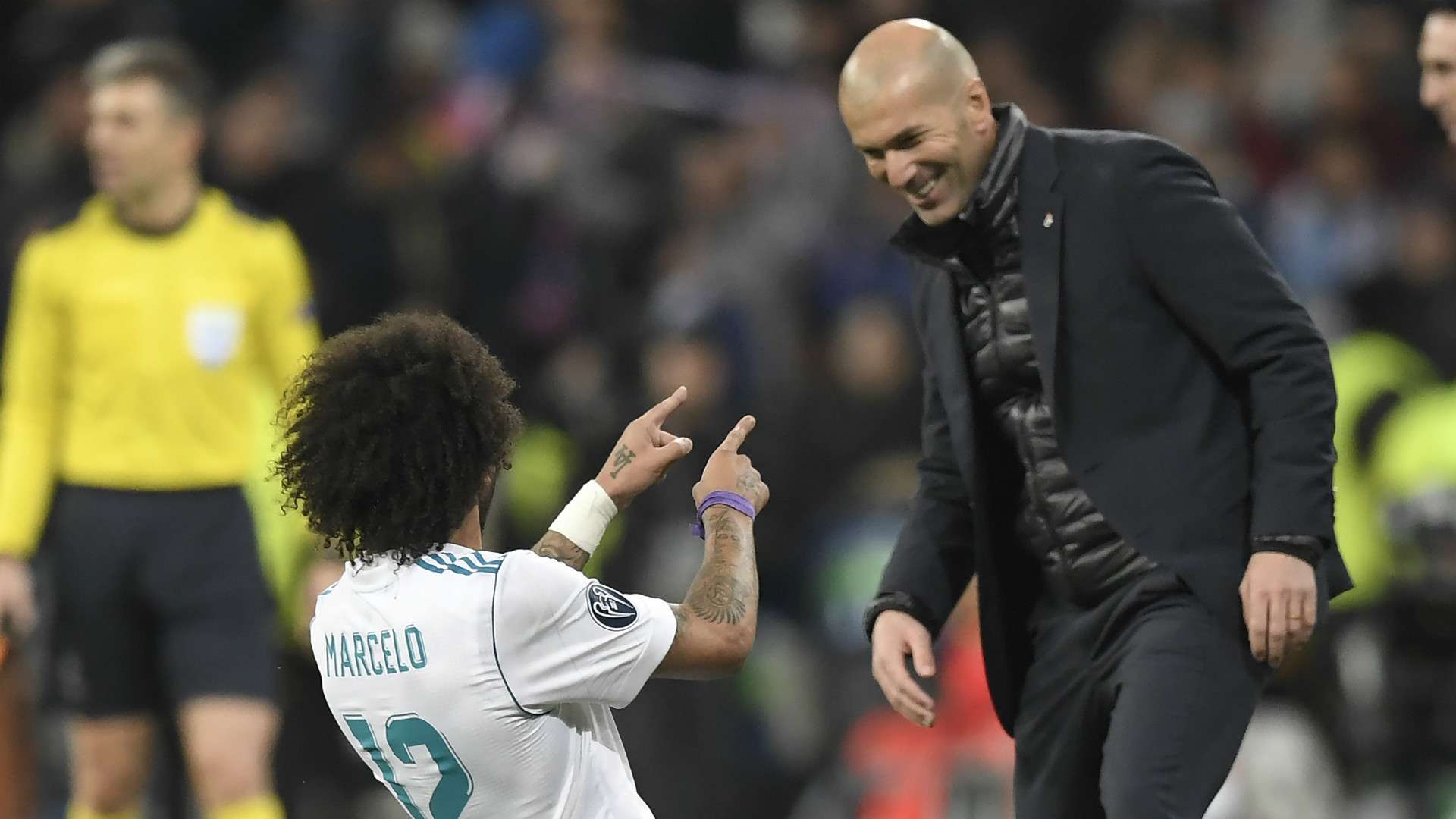 Getty Images
Getty Images
They weren’t playing particularly well in Spain before they won the Cup in ’98. They finished fourth that season and Heynckes was sacked. Similarly, the team who beat Valencia in the 2000 final underperformed in the league. They were fifth. When they won La Decima in 2014, they were only third. And they still have work to do this year to recover from their bad start and finish second behind Barca.
Madrid have demonstrated time and again that you needn’t be the best team in Europe to win the European Cup. It’s not to do with luck or pragmatism. It’s to do with responsibility and with a pact with history to uphold.
The club doesn’t always concern itself with a promotion plan for its young players. There is no Real Madrid tactical document that dominates the club from top to bottom and that could be used as a template for success for other teams to follow suit. Coaches have used the means at their disposal to get results and keep the furnace burning.
Madrid fans have had domestic and European titles delivered to them by coaches as diverse as Heynckes, who is Wednesday’s opposition coach, Vicente del Bosque, Fabio Capello, Jose Mourinho and Carlo Ancelotti. If you’re looking for a constant tactical formula among that lot you won’t find one. What matters more than style or that overused catchword ‘philosophy’ is an understanding that the club’s previous historical standards - forged across the decades - must be met.
With additional reporting by Alberto Piñero in Madrid

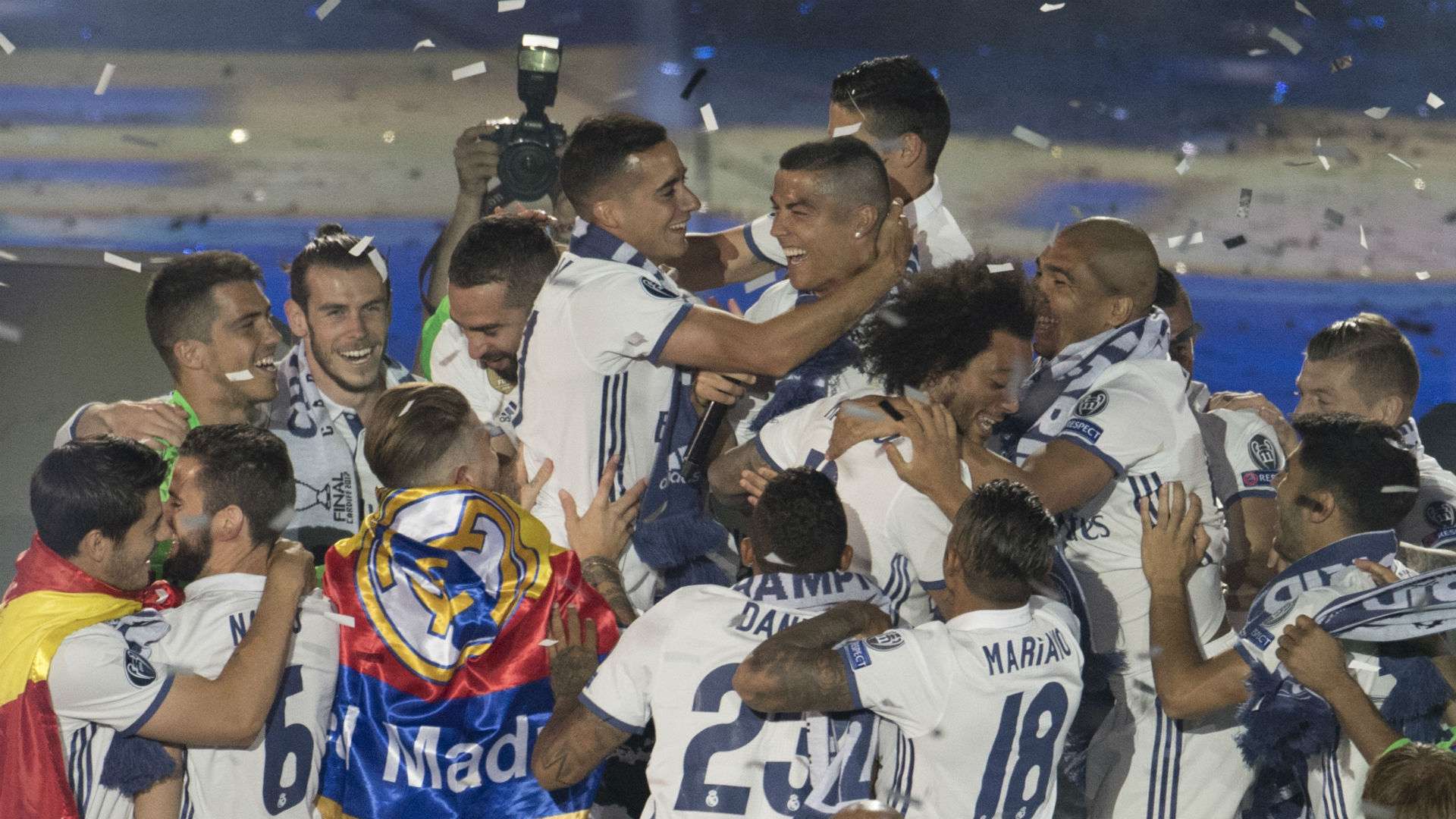
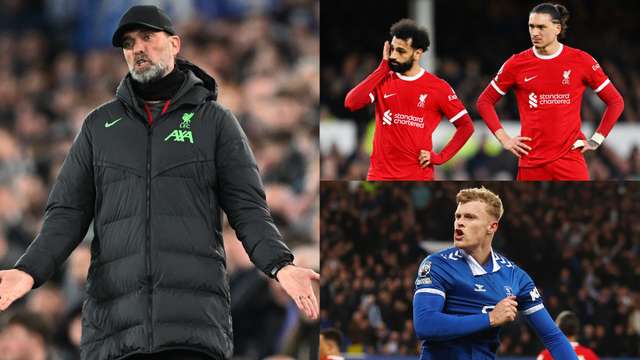
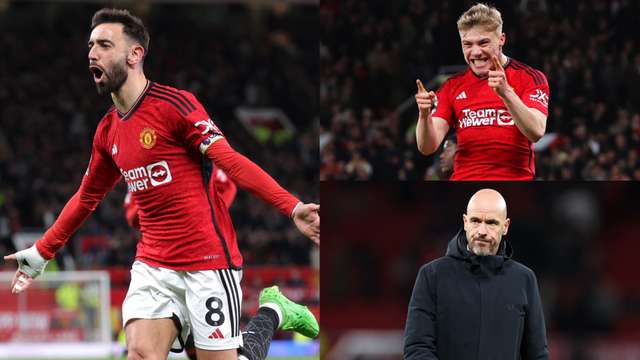
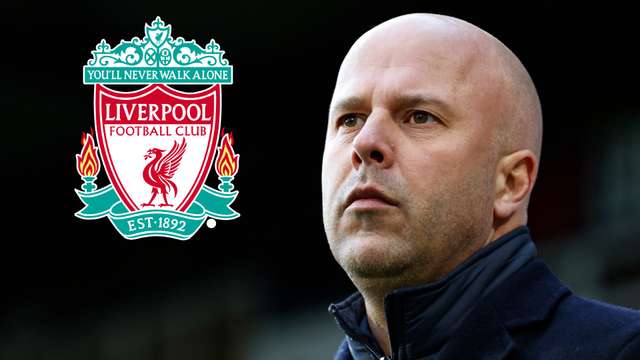
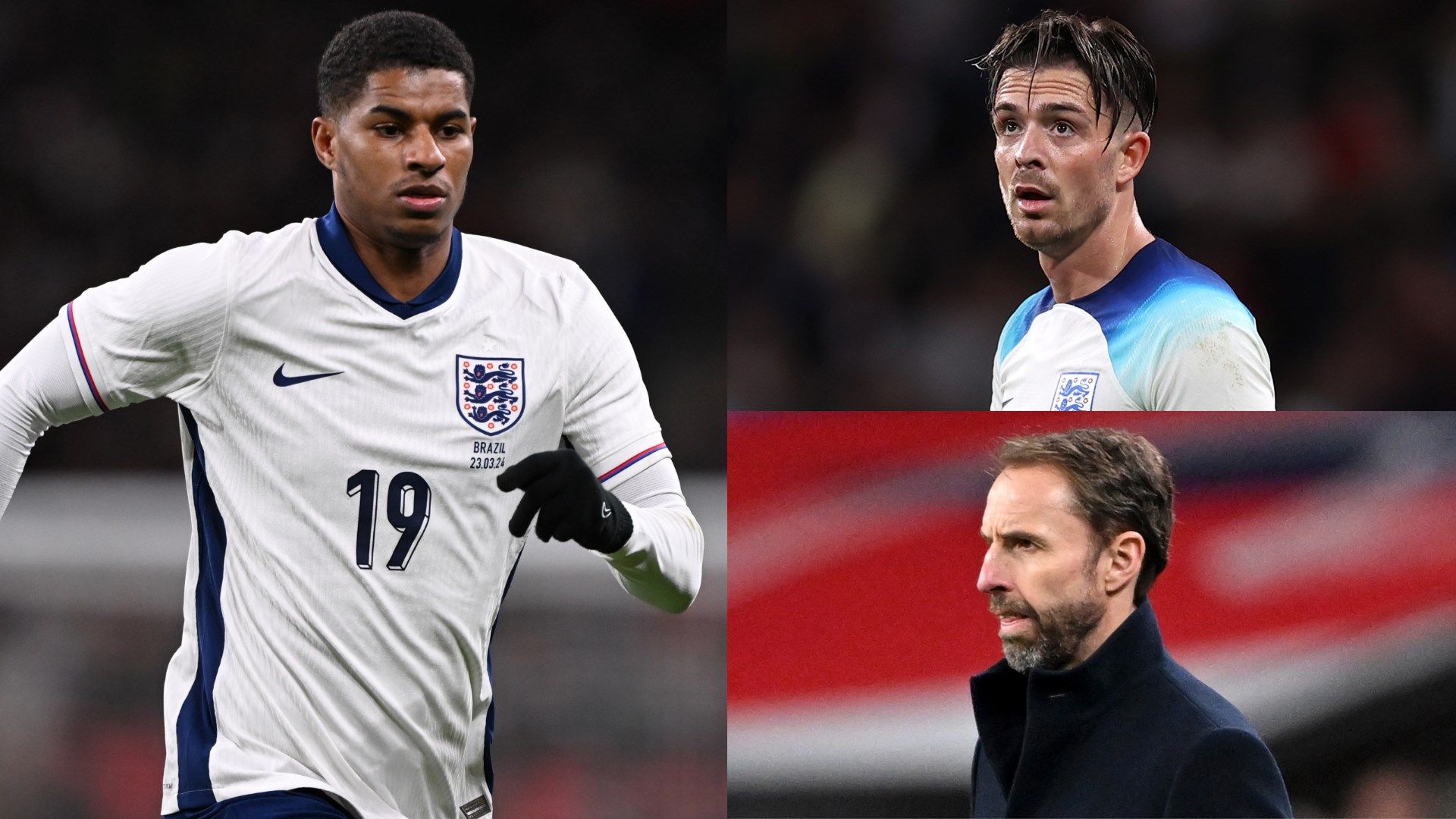.jpg?auto=webp&format=pjpg&width=640&quality=60)